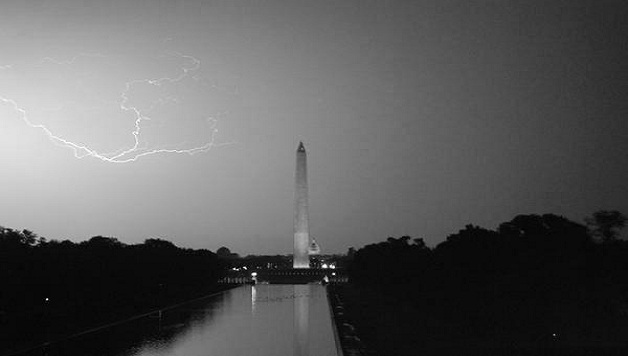On 25 September 2013, the US Department of Justice (DoJ) and the Federal Trade Commission (FTC) released a joint model waiver of confidentiality to facilitate cooperation with foreign competition authorities when considering multi-jurisdictional mergers and civil non-merger proceedings.
The US has formal bilateral cooperation agreements with nine jurisdictions, including Australia. Under these and other agreements, the DoJ and FTC share certain non-public information, such as the existence of an investigation or views on market definition, with their overseas counterparts. However the DoJ and FTC are generally prohibited from sharing confidential information provided to them by companies involved in the investigation.
Companies involved in an investigation can, of course, choose to waive confidentiality. The DoJ and FTC intend to use the model waiver to effect this, although they acknowledge that a more limited and negotiated waiver may be appropriate in some circumstances. The model waiver will allow the DoJ and FTC to both disclose and obtain confidential information from the overseas competition authorities listed in the waiver. The model waiver also provides that:
- the overseas competition authorities will protect the information in accordance with their own laws;
- if a freedom of information request is lodged, the DoJ or FTC will seek to prevent production of any confidential information received from an overseas regulator by asserting all possible exemptions to disclosure under the US Freedom of Information Act; and
- the DoJ or FTC will not seek from an overseas competition authority any information that would be privileged under US law and, if the DoJ or FTC receives such information, it will treat it as inadvertently produced privileged information.
Companies involved in an investigation are not required to provide a waiver, and the decision not to do so will not prejudice the DoJ or FTC’s investigation. However, a company may choose to offer a waiver to promote consistency of decisions across jurisdictions or to facilitate joint discussions with overseas regulators.
According to the DoJ and FTC, most coordination with overseas agencies occurs through oral communications although there have been some instances in which agencies have shared access to physical documents. For the 2011 fiscal year, the FTC reported having 50 substantive contacts, cooperating on 20 merger matters and four conduct investigations. During the same period, the DoJ cooperated significantly with overseas competition agencies on 17 merger reviews. In many of these instances, the relevant parties granted waivers to facilitate discussions between the agencies.
Photo credit: Gage Skidmore / Foter / CC BY-SA








